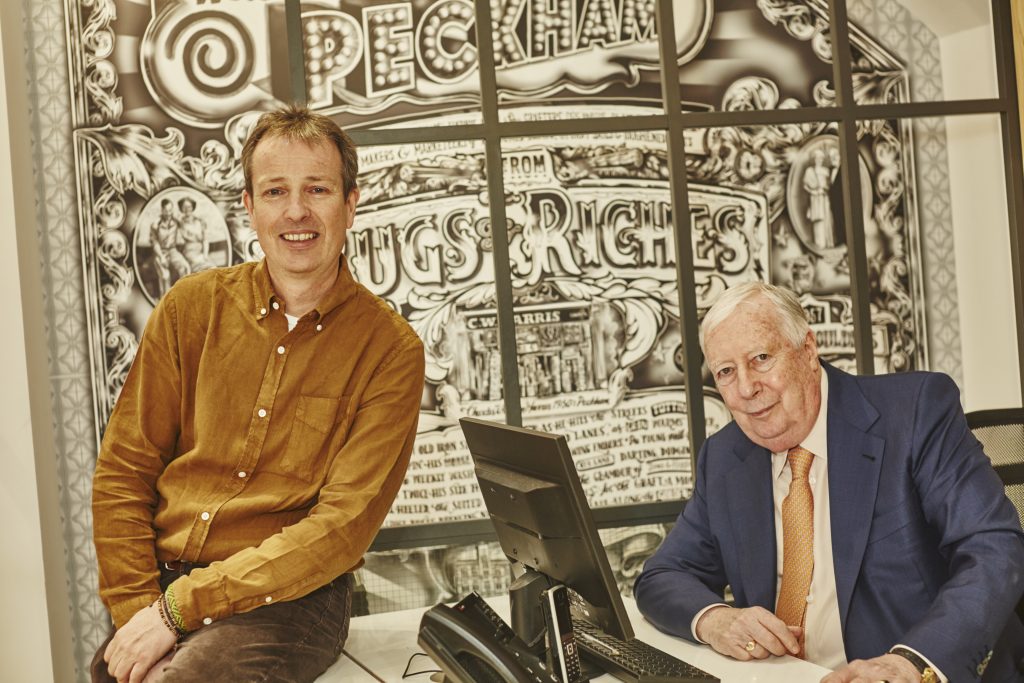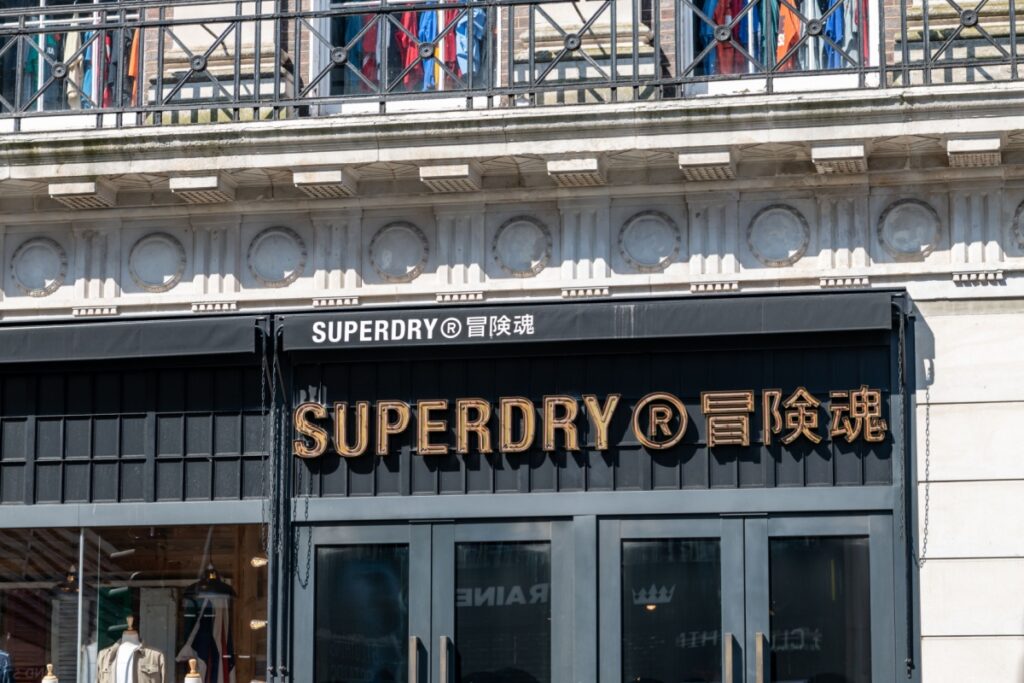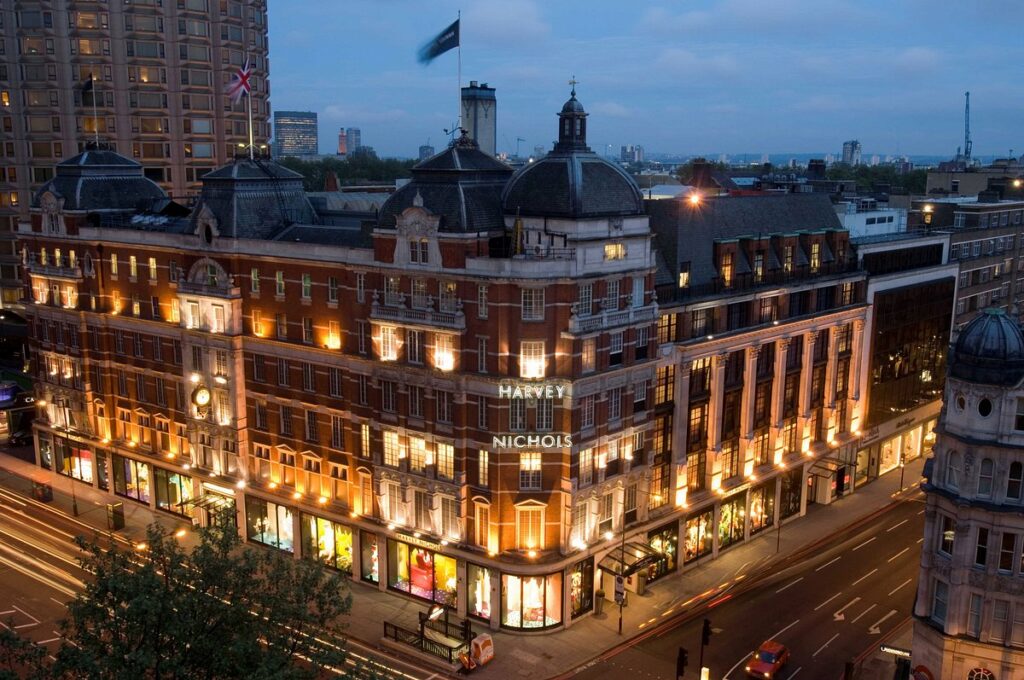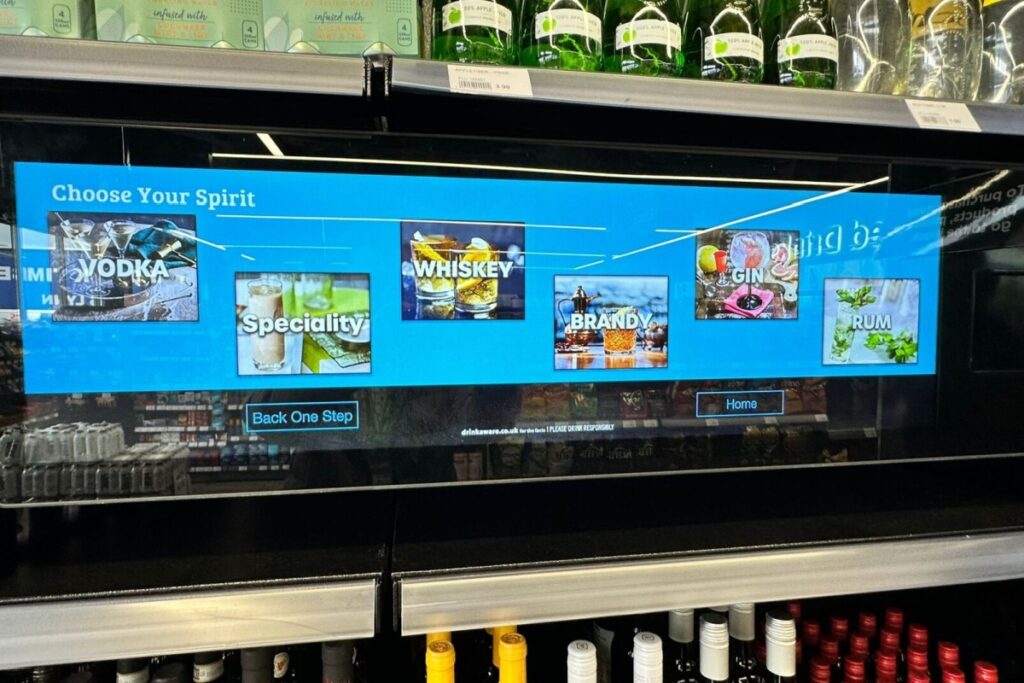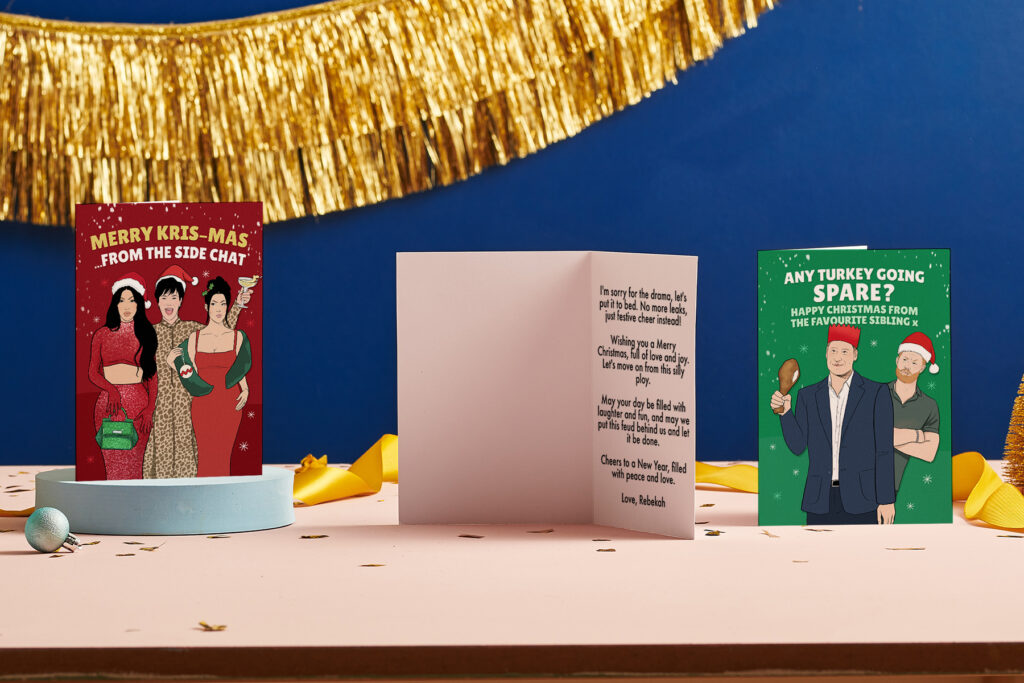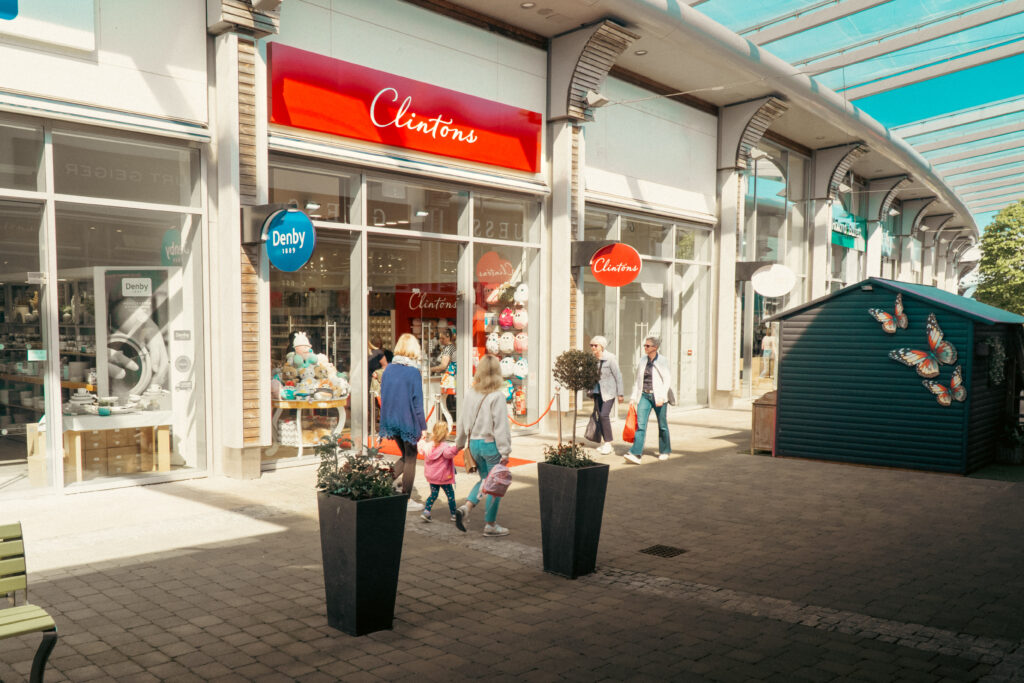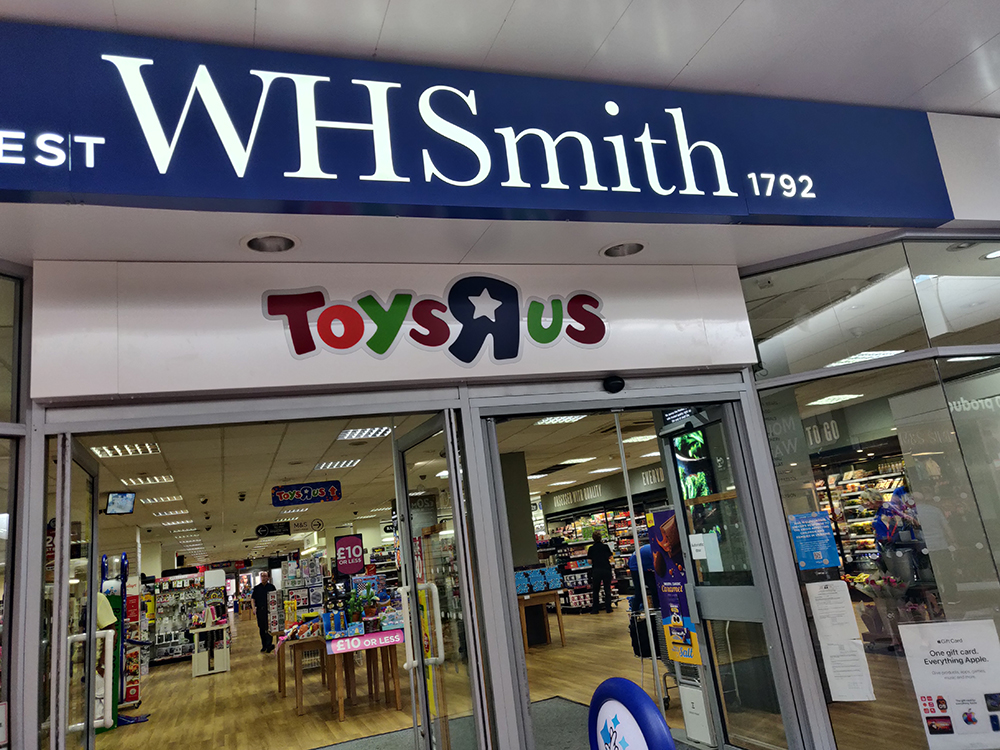Today marks the 80th birthday of Lord Harris – and this year his son Martin has found the perfect gift for the carpet king of Peckham: a carpet shop.
But this is not just any carpet shop. Martin has managed to snap up the store that started an empire – the first ever shop of Harris Carpets, the business Lord Harris’ father ran.
The opportunity to take the store came about when the building’s owner was doing some renovation work and uncovered the original C W Harris sign.
A former student of a Harris Academy school – the network of schools that philanthropist Lord Harris set up – the landlord contacted Harris’ office to offer up the historic item.
However, son Martin spotted an opportunity to take more than the sign, and bring the store back under Harris family ownership.
“This is his store – I wanted to give it back to him,” he says. “He turns 80 this year and this felt like the perfect opportunity to pay tribute to my father’s remarkable career.”
Lord Harris – or Phil as he prefers – cut short his education at 15 after the death of his father to take over the running of the family business.

From there an empire was built. Harris Carpets became Britain’s biggest carpet chain, and when that was taken over, he did it all again when he set up Carpetright in 1989.
However, it is not a Carpetright sign that is hoisted above the new Peckham store. Lord Harris sold up Carpetright in 2014 and a year later his son Martin, who was a director at the firm, set up a rival chain Tapi, in which his father is an investor and adviser.
The chain is fast becoming yet another Harris family carpet success story and now has 150 stores and turned over £100 million sales in its last reported annual results.
Carpet wars
However, the Harrises have made some enemies in the process.
The rapid growth of Tapi has coincided with the decline of Carpetright.
Many Tapi stores were opened in close proximity to Carpetright’s best-performing locations and it has poached many of the chain’s employees.
In fact, Carpetright blamed Tapi’s aggressive expansion for putting “significant pressure on the group’s best-performing sites” when it launched a CVA to close shops and slash rents in 2018.
While some called foul play, Martin Harris defends his actions.
“If you’re opening a flooring company and you know that there’s a location that’s really good, do you not go there? Do they have the God given right to be there on their own?” he asks.
“In terms of us stealing their staff, I’d flip that around and say that they lost their staff.”
He points out that, according to Glassdoor data, Tapi is the second best place to work in retail, behind only Mindful Chef, so it’s no surprise that many of Carpetright’s staff were keen to jump ship.
“That’s why people come to us – they believe in what we do,” he says. “They believe that we put customer first and they know that we have a family ethos to everything that we do. We look after people, they’re part of our family.”
No Del Boy
Harris insists that the decision to set up Tapi was not something that he plotted whilst at Carpetright. Although he admits he ended his 23-year career at Carpetright in 2014 because he was disillusioned with the industry.
“I didn’t think the carpet industry was looking after its customers,” he says. “No-one was, including Carpetright. I felt like I was banging my head against a wall there.”
But it was only after doing a 30-day Bikram yoga challenge – something his wife insisted he do in the wake of his Carpetright departure to keep busy – that he decided to set up shop on his own.
He says the yoga course “cleared his mind” and allowed him to focus on what he wanted to do next and that was to build a new floorings business that people enjoyed shopping with.
“It’s horrible changing your floor – everyone hates doing it – but we want to make it better,” he says. “We wanted people to think about floors as an additive to design rather than something that is just functional. We wanted to inspire them and to make it a joy.”
So Tapi – which is close to tapis, the French word for carpet – was born.
It’s no surprise that Martin Harris has gone back into carpets. Not only is it in his blood, it is clearly something he is genuinely passionate about.

He excitedly shows Retail Gazette patches of pile and waxes lyrical about the difference between a New Zealand wool and a Mediterranean version.
He wants his staff to be as knowledgeable as he is and makes training a top priority at Tapi through its Tapi Academy.
His family may hail from Peckham but Harris insists he’s no Del Boy – and he doesn’t want his staff to be viewed as dodgy salesmen either. “We didn’t want to just sell to customers, we wanted to advise them. Our store staff are focused on listening and eeking out what customers want, rather than just trying to sell to them,” he says.
In fact, Tapi staff abide by the ethos of “treating every customer like they’re our nan”.
The approach must be working. Seven years and 150 stores later, the business turned over almost £100 million in the year to December 26 2020, its last accounts filed at Companies House.
Volatile times
The business has had to cope with numerous challenges since then. After weathering the Covid storm, it now has a cost-of-living crisis to contend with where cash-strapped shoppers surely must be putting off making big purchases like new carpets.
“It’s definitely getting harder,” admits Harris, “but we are considerably outperforming the market. From a market share point of view we’re smashing the ball out of the park.”
However, when asked if Tapi would be in growth this year Harris gives a somewhat hesitant yes. “The reason being is I don’t really know what is going to be around the corner,” he explains.
In fact, while Retail Gazette was sitting down with Harris news of the Queen’s death broke, which he admits will likely hit trade.
However, Harris is used to volatility. Since Tapi launched in 2015, it has seen four prime ministers, three general elections – “every time there is a national vote, sales go down 15% to 20% over the period,” he says – a Brexit vote, and a pandemic.
“And now, we’ve got an energy bill ticking time bomb, massive inflation and a period of national mourning,” he adds.
“It’s hard but the character of this business is to keep on marching forward.”
A big focus for Harris is to treat its staff well during this time. He says it was true to this during Covid and it is now helping out its staff with a ‘cost of living bonus’, a monthly salary top up available for everyone earning less than £40,000.
“I hear my staff’s horror stories. One lady told me her energy bill was £100 a month but now it’s £1000,” he says. “Hopefully what we’re doing can go a little way to help those in the company that are struggling right now.”
Subscribe to Retail Gazette for free
Sign up here to get the latest news, analysis and interviews straight into your inbox each morning
Back in Peckham
While Martin Harris is most definitely in the driving seat at Tapi, there’s no doubting his father’s influence on the firm.
When Retail Gazette looks around the Peckham store, Phil pops in. Inevitably his first thoughts go to trading. “Good day?” he asks the store manager. “What have you taken?”
The answer seems to please him – as indeed does the store’s performance in general.

The Peckham branch is very different type of store for Tapi. At 31sq m, it is substantially smaller than the giant sheds that Tapi usually trades from so it had to try something new.
“We decided to turn it into the most digitally advanced flooring store in the country,” says Martin Harris. “It’s allowed us to showcase our learnings from how customers act online in a real-world environment – an approach which we’re taking into all our stores.”
He admits that people are initially taken aback when they walk into the store because it looks nothing like a typical carpet shop. There are mood boards displayed but rolls of carpet are nowhere to be seen.
The centrepiece of the store is in fact tablets, on which sit digital tools that can transform roomscapes with new flooring and wall colours.
Shoppers are encouraged to bring in images of their own rooms so they can visualise the completed project. Meanwhile, a sample of every single carpet that Tapi sells is neatly hidden away in the store so customers can see and feel the product as well.
Martin Harris says that sales performance so far has been “really, really encouraging”.
In fact, he sees scope for more mini-Tapi stores formats. “We have a great opportunity in cities to be able to use this,” he says.
“Rents and rates are still horrendous and I think if we get the digital journey right, square footage is a luxury we don’t necessarily need.”
But, of course, this store is about more than just sales. It is a piece of Harris family history and Martin wanted to make sure that was brought to the fore before he gifted the shop to his father.
He commissioned Peckham artist Vic Lee to paint a mural inside the store where “every picture tells a story” from his father’s life – from a young Phil carrying carpets at Peckham Rye market, to an image of his horse Hello Sanctos winning the showjumping gold at the London 2012.
“I know he’ll clock one image or another when he’s walking by and he’ll remember that.”
The mural has the desired effect. When his father is presented with a piece of artwork with the same mural on it during his birthday party in Peckham – where else? – later that evening, he even sheds a tear.

But make no mistake, the emotive gift is not a sign that Phil Harris is going to peacefully retire. “I’m not going anywhere,” he tells the packed room. “I’ll be here for another 20 years.”
And his thoughts quickly go back to business. “And we’re going to take market share because we’re a team. We’re the Harris family team.”
Winning market share
So, how is Tapi going to take share?
Despite the cost-of-living crisis, it is ploughing ahead with new store openings with 15 shops in the offing over the next year.
Martin Harris is a man obsessed with finding the right store. He even he has a map in his bedroom with pins marking his dream locations.
“I drive around those towns from time to time trying to find an opportunity,” he says.
He wants to get to 250 stores, which would put Tapi on par with Carpetright’s estate, which currently has 279 sites. At that point, he believes Tapi will be the UK market leader in flooring.
“My ambition is to be the number one flooring supplier for this country – for service, and in size. And it’s that way round that I care about,” he says.
So, with a business that is fast-becoming a force to be reckoned with in the world of flooring, has Martin Harris ascended his father as the new king of carpets?
“No. I’m no king,” he says. However, he believes his son Charlie, who now works in Tapi’s buying department, could one day take on the mantle.
“I’m really proud he’s decided to join Tapi – I’ve done nothing but push him in the opposite direction.
“For me, that euphoria moment will be, if he’s good enough, when the baton’s handed from the original Charlie Harris – the Charlie who built this store – to my Charlie.”
The Harris carpet dynasty looks set to roll on.
Click here to sign up to Retail Gazette‘s free daily email newsletter

